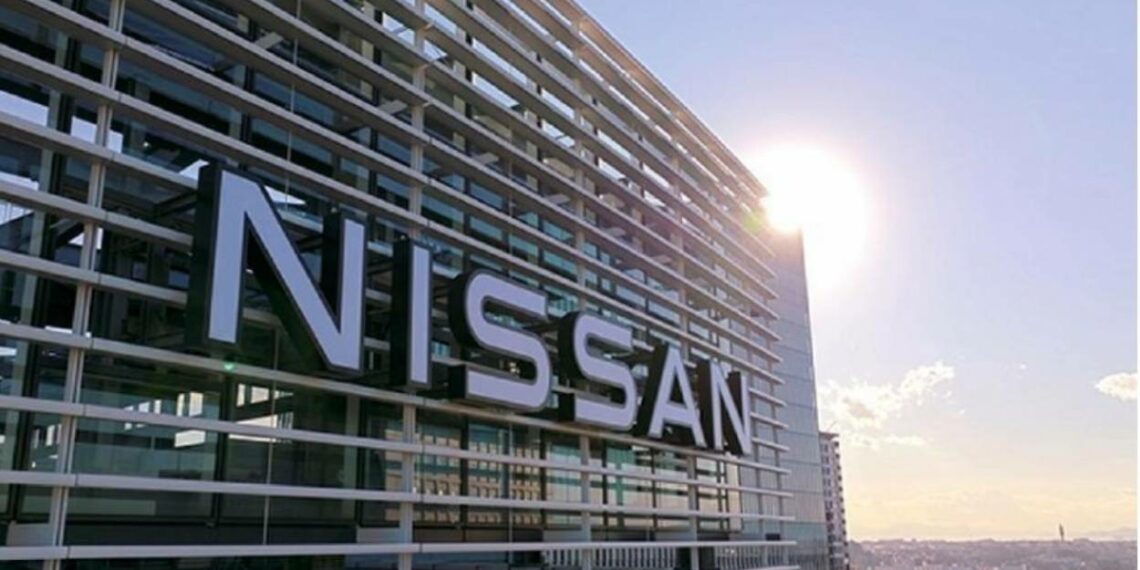Nissan announced this Tuesday that it will cease vehicle production at its Oppama factory in Japan by March 2028 and transfer all operations from that production unit to the Fukuoka factory, as part of a global restructuring plan to reduce the number of factories.
The third largest automaker in Japan is committed to reducing its production capacity from 3.5 million to 2.5 million vehicles, as well as reducing the number of production units, from the current 17 factories worldwide to 10.
This restructuring is part of the plan to address the financial crisis that Nissan is facing, which involves the layoff of 20,000 workers globally, in an effort to return to profitability.
Nissan reported a net loss of ¥670.9 billion (€4.12 billion) in the fiscal year ending March 31, due to significant asset depreciation, rising operational costs, and a decline in global sales, especially in China, where the Japanese company faces strong competition from Chinese brands.
The “Reuters” reported last week that Nissan was in negotiations to allow Taiwan’s Foxconn to utilize the Oppama factory, opened in 1961, to produce electric vehicles and avoid its closure.
In a statement revealed this Tuesday, Nissan announces that it is exploring “a wide range of options” for the future use of the Oppama factory.










